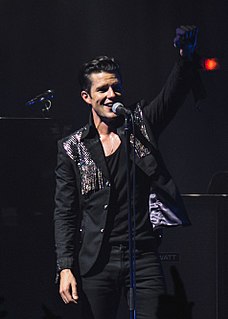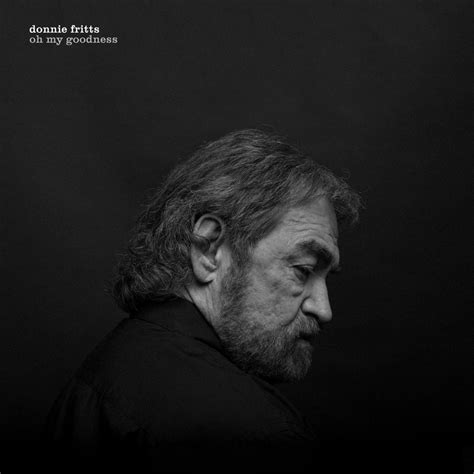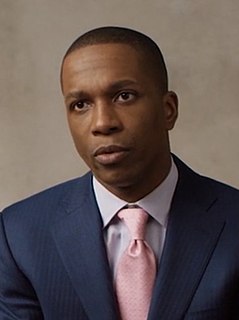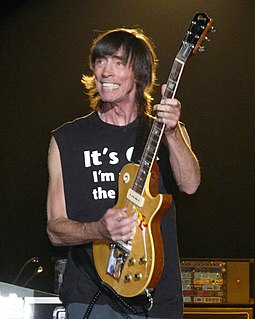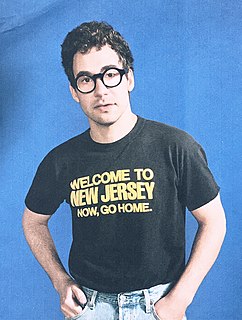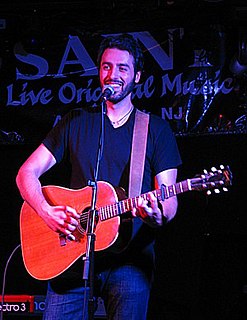A Quote by Brandi Carlile
When we were doing 'Live at Benaroya,' the song 'I Will' was hard to get through. I've always get a big lump in my throat when I sing that song. And also 'Before It Breaks.' So I'm just a different songwriter now. And the older I get, the more difficult it becomes to deliver those songs casually.
Related Quotes
I noticed with older songs that I perform that I'm coming from a different place with them now...it mutates the vibe and even the meaning of the same words when you have a different spirit, if the person singing is different. I like that, to be able to sing an emotionally wrought song from a more centered place, or to sing an eager, youthful song from a more experienced place. It kind of colors the songs differently, and it keeps them fresh.
As a songwriter, you're allowed to write anything, and as a person, I am all colors in the rainbow. I've been through everything, you know, so I can write a positive song like 'Better Get to Livin'' because that's my attitude. But that doesn't mean I'm happy all the time. You can't be a deep and serious songwriter without feelings. You kinda have to live with your feelings out on your sleeve and get hurt more than most people. The fear I might get hurt means I might not be able to write another song.
All Boston songs are fairly difficult to translate to the stage. None of them are especially easy to play or sing. A lot of them, of course, have very involved arrangements with lots of different sounds and sections that are difficult to play and sing. The prospect of doing any Boston song live is always an endeavor in itself.
An audience will let you know if a song communicates. If you see them kind of falling asleep during the song, or if they clap at the end of a song, then they're telling you something about the song. But you can have a good song that doesn't communicate. Perhaps that isn't a song that you can sing to people; perhaps that's a song that you sing to yourself. And some songs are maybe for a small audience, and some songs are for a wide audience. But the audience will let you know pretty quickly.
There are times when I want to be plainspoken about my feelings in a song. But there are other times when it's really good to try and get my head around different kinds of song structures, or maybe I might get turned on by trying to write a song that would fit in this one scene in a movie. And by the end of all this, you just end up with a bunch of different ideas. And songs are really just ideas.
No one can threaten poetry. It's always been there, always will be. Humans need it to live: it has sustaining powers. How could we (anyone) get through adolescence without some form of song? Song is only a version of lyric poetry that is carried more by melody than by internal coherence and unity. but lyric and song - they are the same.
Tinashe doing 'I Wanna Get Better' - it's a really personal song, and it was hard for me to imagine anyone else doing it, but stylistically her and I are so incredibly different that I was fascinated to hear what she'd do with it, and I completely loved it. It just felt like the different expression of a song that, to me, was so stamped in one way.
All you gotta do is think of the song in your head. And it doesn't matter whether you can play it or not, you can get somebody to play it. With songs I've written, there's a song called "The Statue", which I can't play. There are songs that I've written that I've actually just hummed on - there's a song on one of the albums they have there on the Internet called "My Love Was True" and it's almost operatic. I can't play it. But I can sing it.
I released that I could crank out a song if I practiced it a lot. If I am in the practice of writing songs everyday or every other day, getting ideas and following through with them, and not just saying "I've got this idea, but I will get to it at some point." If I actually sit down and not be lazy, and follow through with it then you just get in the practice of doing things. It feels very productive, and then it gets a lot easier, because you are working the muscle in your brain. The "song-writing muscle" so to speak.


